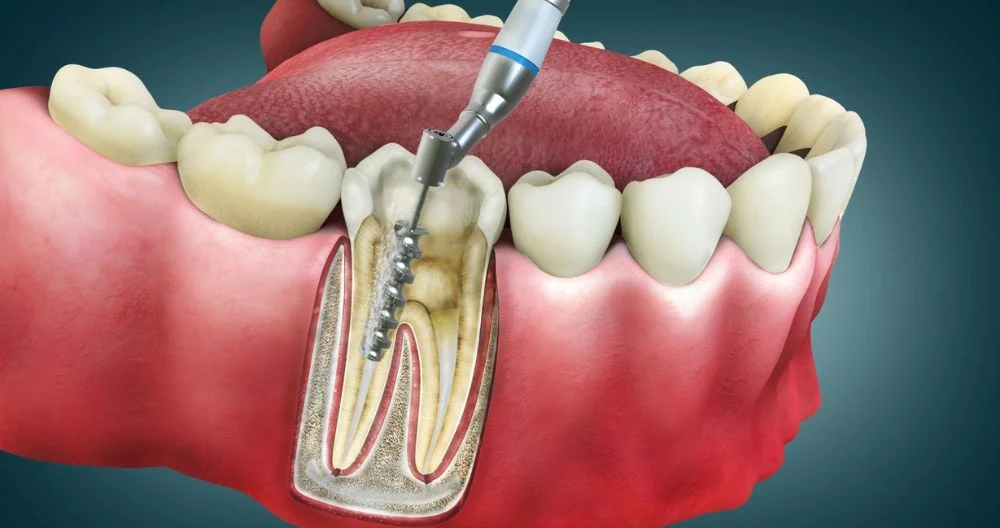Endodontics deals with the biology and pathology of the dental pulp and root tissues of the tooth. The root canal is the most common endodontic procedure, usually performed to repair and save a tooth that is badly decayed or infected.
The pulp, composed of nerves and blood vessels in the tooth, requires root canal therapy if it becomes infected or damaged. The procedure itself is not painful, especially compared to the discomfort caused by an infected pulp, which necessitates seeking dental care.
During a root canal, dentists remove all underlying infections. Then, they will fill your root system so that further infection wouldn’t occur. Then, your tooth will be capped with a dental crown that looks and functions like a real tooth. You can’t have any chewing food to avoid recontamination of the tooth’s interior and also prevent the now-fragile tooth from breaking.
In the beginning, the tooth may feel sensitive due to natural tissue inflammation. But this discomfort or pain can be relieved with pain medications. Still, it is necessary to get checked by your dentist at scheduled intervals. It is also important to maintain your oral health care routine by brushing and flossing regularly.

Bacteria begin to multiply when the pulp inside the pulp chamber gets damaged. These bacteria can cause an infection or an abscess at the tooth root, i.e., pockets filled with pus. This can lead to:
Major symptoms that denote the need for a root canal include:
The benefits of having a root canal are:
Schedule a consultation with our team by calling the Infinity Dental office or by contacting us online to know more. We would be happy to help.
